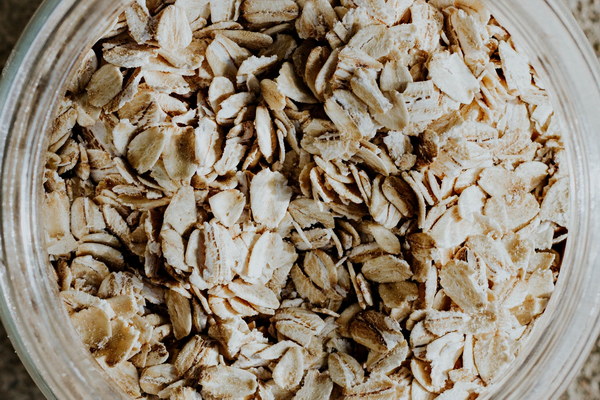Cultivating a Healthy Stomach The Art of Gastrointestinal Care
In our fast-paced, modern lifestyle, it's easy to overlook the importance of maintaining a healthy stomach. After all, our stomachs are responsible for digesting the food we eat and absorbing nutrients. By adopting a mindful approach to our eating habits, we can foster a strong and resilient stomach, leading to improved overall health and well-being. Here are some practical tips to help you cultivate a healthy stomach, a cornerstone of a balanced lifestyle.
1. Embrace a Balanced Diet
A balanced diet is essential for a healthy stomach. Incorporate a variety of fruits, vegetables, whole grains, lean proteins, and healthy fats into your meals. This ensures that your stomach receives a wide range of nutrients, which support its optimal function.
2. Eat Mindfully
Mindful eating involves being fully present and aware while eating. This means avoiding distractions such as watching TV or using your phone. By focusing on your food, you can savor each bite and detect satiety signals, which helps prevent overeating and minimizes the strain on your stomach.
3. Avoid Overeating
Overeating can lead to indigestion, bloating, and discomfort. To maintain a healthy stomach, try to eat smaller, more frequent meals throughout the day. This approach allows your stomach to process food more efficiently, reducing the risk of gastrointestinal issues.

4. Stay Hydrated
Drinking plenty of water is crucial for a healthy stomach. Adequate hydration helps break down food, aids in digestion, and prevents constipation. Aim to drink at least eight glasses of water per day, and consider drinking water before meals to improve digestion.
5. Limit Processed Foods and Fatty Foods
Processed foods and fatty foods are high in unhealthy fats, sugars, and artificial additives. These can irritate your stomach lining, lead to inflammation, and disrupt your digestive balance. Limit your intake of these foods and opt for healthier alternatives, such as whole grains, lean proteins, and fresh fruits and vegetables.
6. Manage Stress
Chronic stress can negatively impact your stomach's health. When you're stressed, your body produces more of the hormone cortisol, which can slow down digestion. To protect your stomach, find ways to manage stress, such as practicing mindfulness, engaging in regular exercise, or seeking professional help if needed.
7. Chew Your Food Thoroughly
Chewing your food thoroughly is a simple yet effective way to support a healthy stomach. Proper chewing breaks down food into smaller pieces, making it easier for your stomach to digest. Additionally, it signals to your brain that you're full, helping you to avoid overeating.
8. Include Probiotics in Your Diet
Probiotics are beneficial bacteria that live in your gut and help maintain a healthy balance of gut flora. Consuming probiotics can improve digestion, reduce bloating, and support overall gut health. Find probiotics in fermented foods like yogurt, kefir, sauerkraut, and kimchi.
9. Regular Exercise
Regular physical activity promotes a healthy digestive system. Exercise helps to increase blood flow to the digestive organs, stimulate bowel movements, and reduce the risk of constipation and bloating. Aim for at least 30 minutes of moderate exercise, such as walking, swimming, or cycling, most days of the week.
10. Consult a Healthcare Professional
If you're experiencing persistent gastrointestinal issues, it's essential to consult a healthcare professional. They can help identify underlying causes and provide personalized advice for improving your stomach's health.
In conclusion, cultivating a healthy stomach is an essential aspect of maintaining overall well-being. By adopting a mindful approach to eating, staying hydrated, managing stress, and seeking professional advice when needed, you can ensure that your stomach remains robust and functional, leading to a happier, healthier life.









